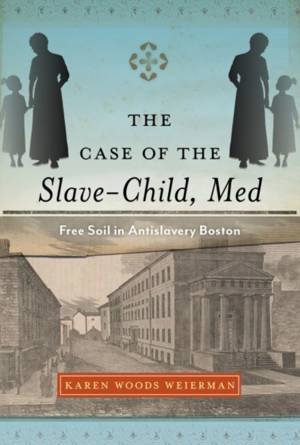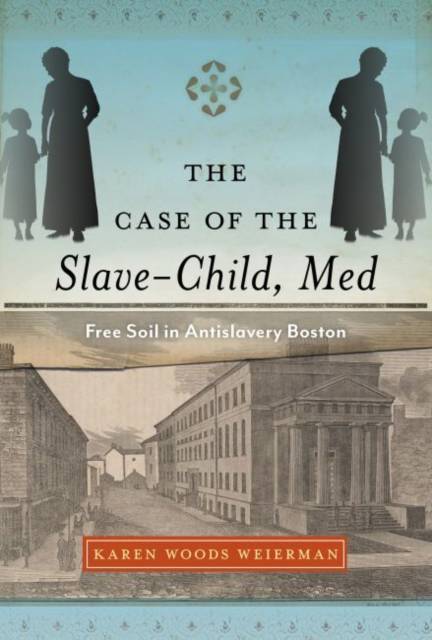
- Afhalen na 1 uur in een winkel met voorraad
- Gratis thuislevering in België vanaf € 30
- Ruim aanbod met 7 miljoen producten
- Afhalen na 1 uur in een winkel met voorraad
- Gratis thuislevering in België vanaf € 30
- Ruim aanbod met 7 miljoen producten
Zoeken
€ 53,45
+ 106 punten
Omschrijving
In 1836, an enslaved six-year-old girl named Med was brought to Boston by a woman from New Orleans who claimed her as property. Learning of the girl's arrival in the city, the Boston Female Anti-Slavery Society (BFASS) waged a legal fight to secure her freedom and affirm the free soil of Massachusetts. While Chief Justice Lemuel Shaw ruled quite narrowly in the case that enslaved people brought to Massachusetts could not be held against their will, BFASS claimed a broad victory for the abolitionist cause, and Med was released to the care of a local institution. When she died two years later, celebration quickly turned to silence, and her story was soon forgotten. As a result, Commonwealth v. Aves is little known outside of legal scholarship. In this book, Karen Woods Weierman complicates Boston's identity as the birthplace of abolition and the cradle of liberty, and restores Med to her rightful place in antislavery history by situating her story in the context of other writings on slavery, childhood, and the law.
Specificaties
Betrokkenen
- Auteur(s):
- Uitgeverij:
Inhoud
- Aantal bladzijden:
- 184
- Taal:
- Engels
- Reeks:
Eigenschappen
- Productcode (EAN):
- 9781625344762
- Verschijningsdatum:
- 15/08/2019
- Uitvoering:
- Paperback
- Formaat:
- Trade paperback (VS)
- Afmetingen:
- 152 mm x 226 mm
- Gewicht:
- 294 g

Alleen bij Standaard Boekhandel
+ 106 punten op je klantenkaart van Standaard Boekhandel
Beoordelingen
We publiceren alleen reviews die voldoen aan de voorwaarden voor reviews. Bekijk onze voorwaarden voor reviews.







